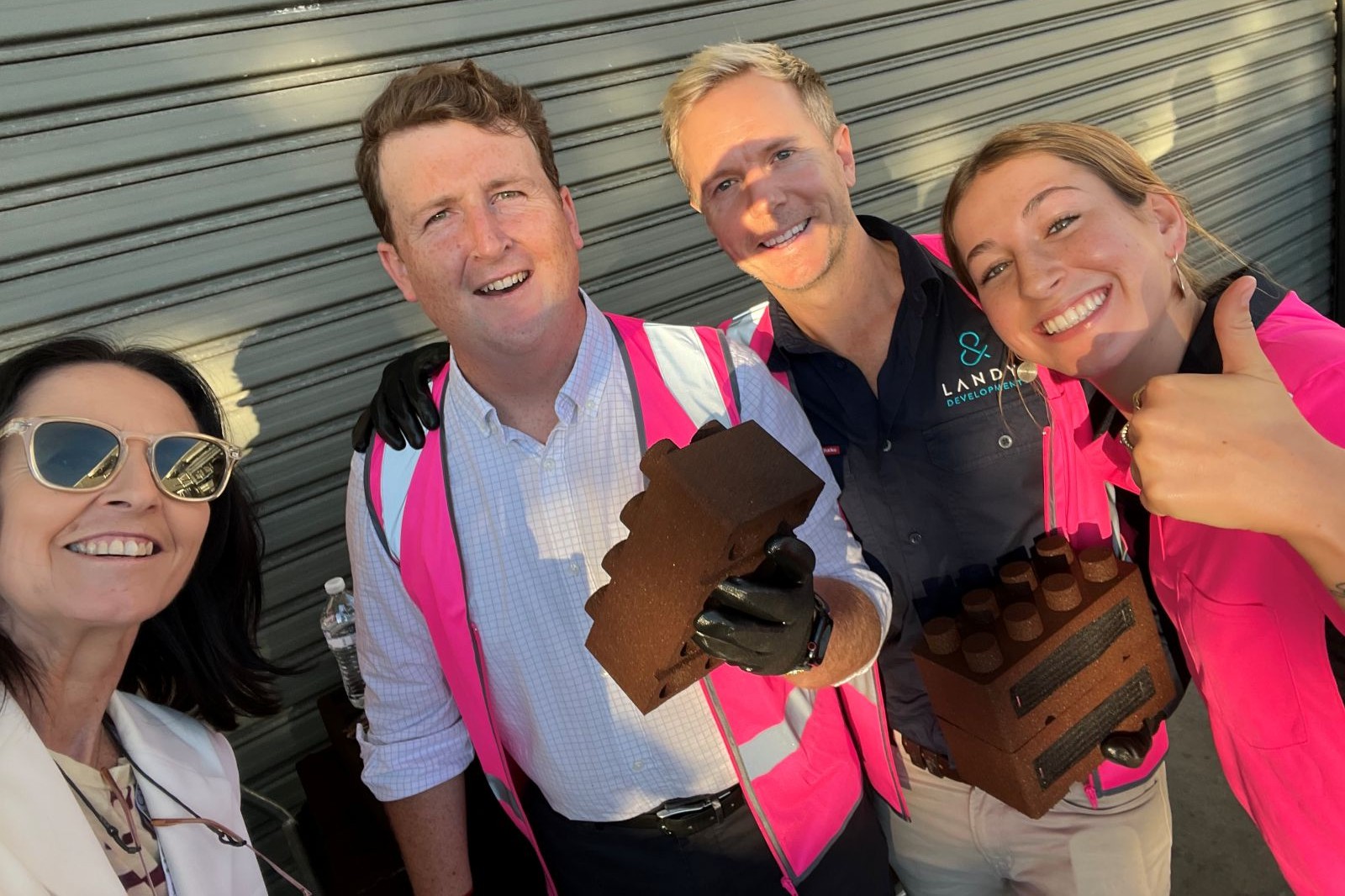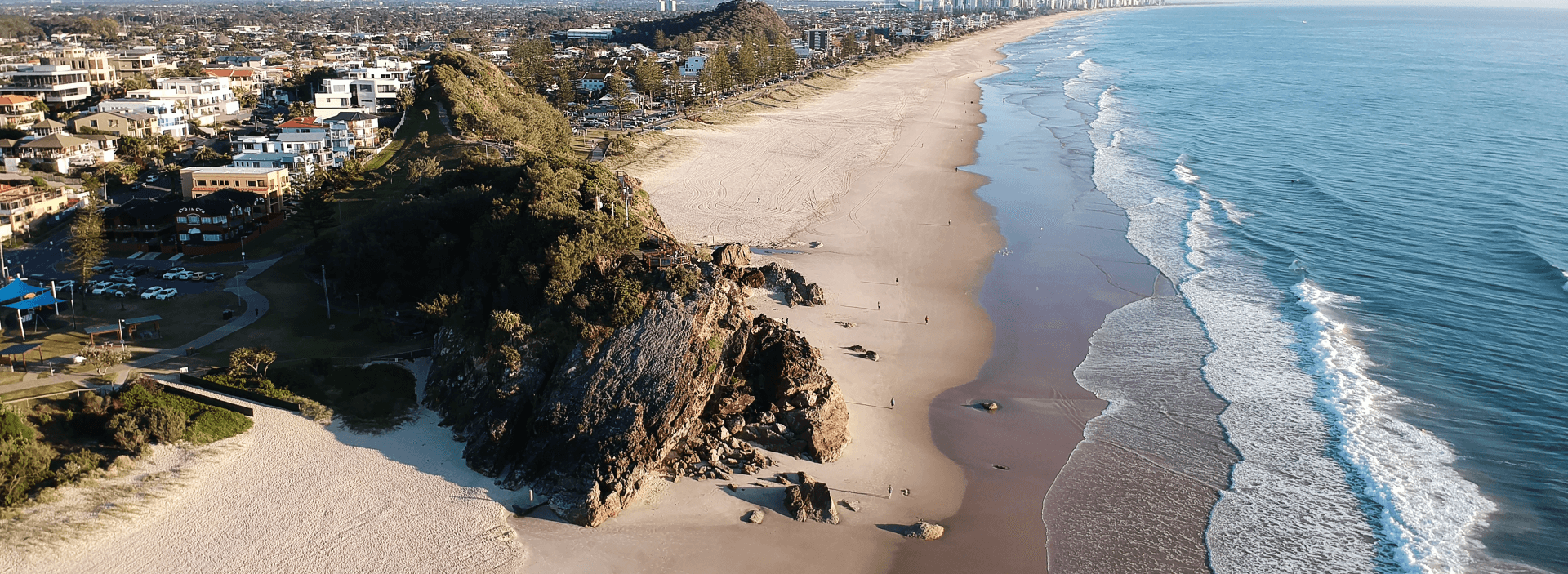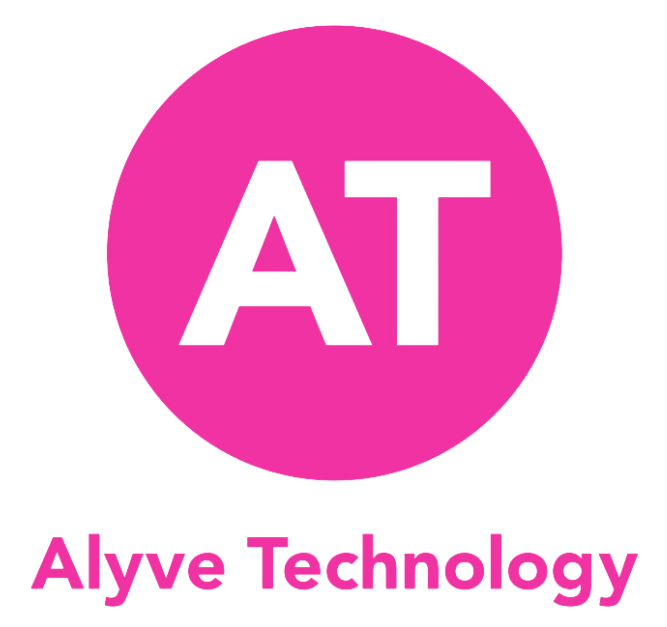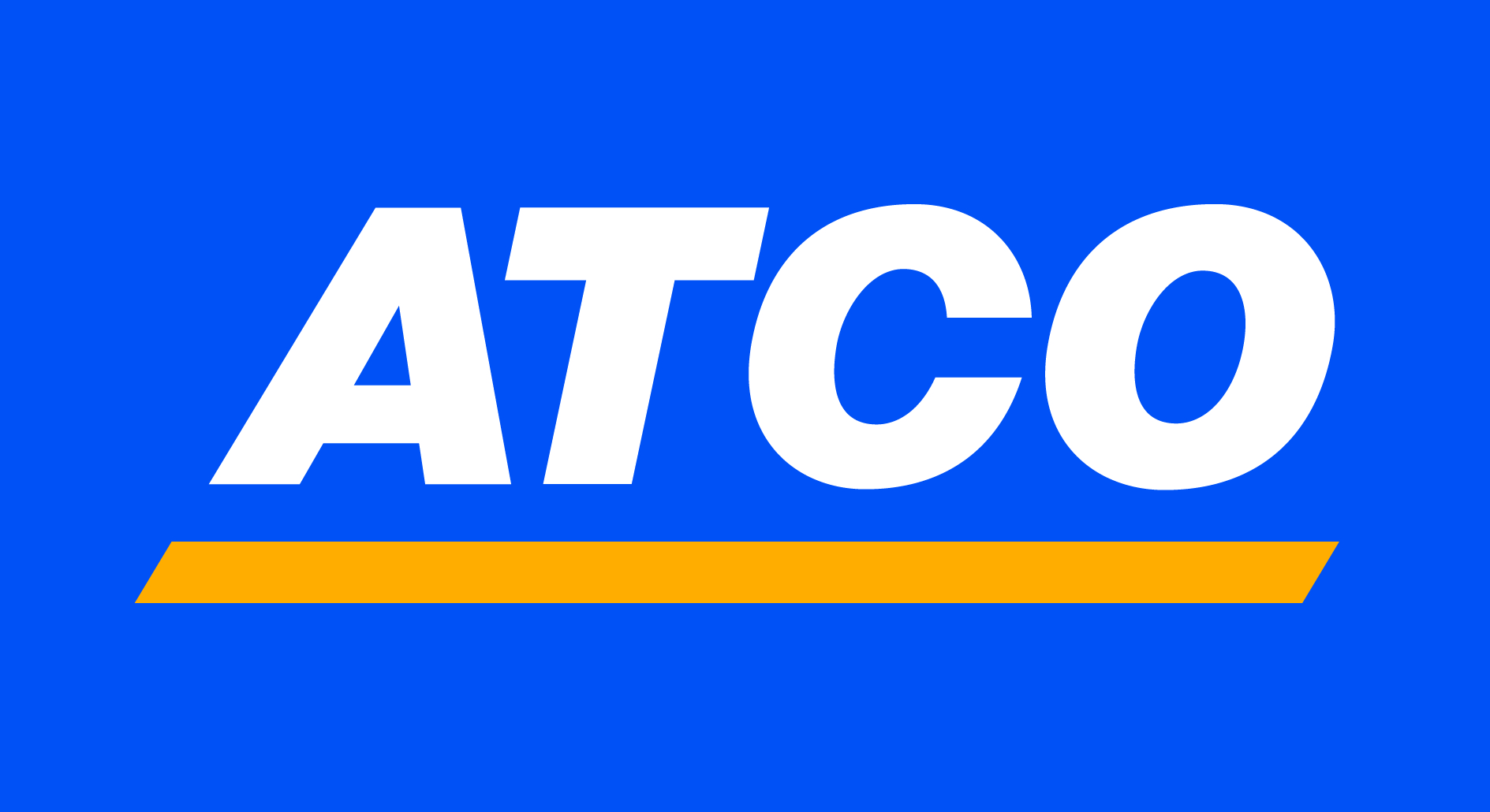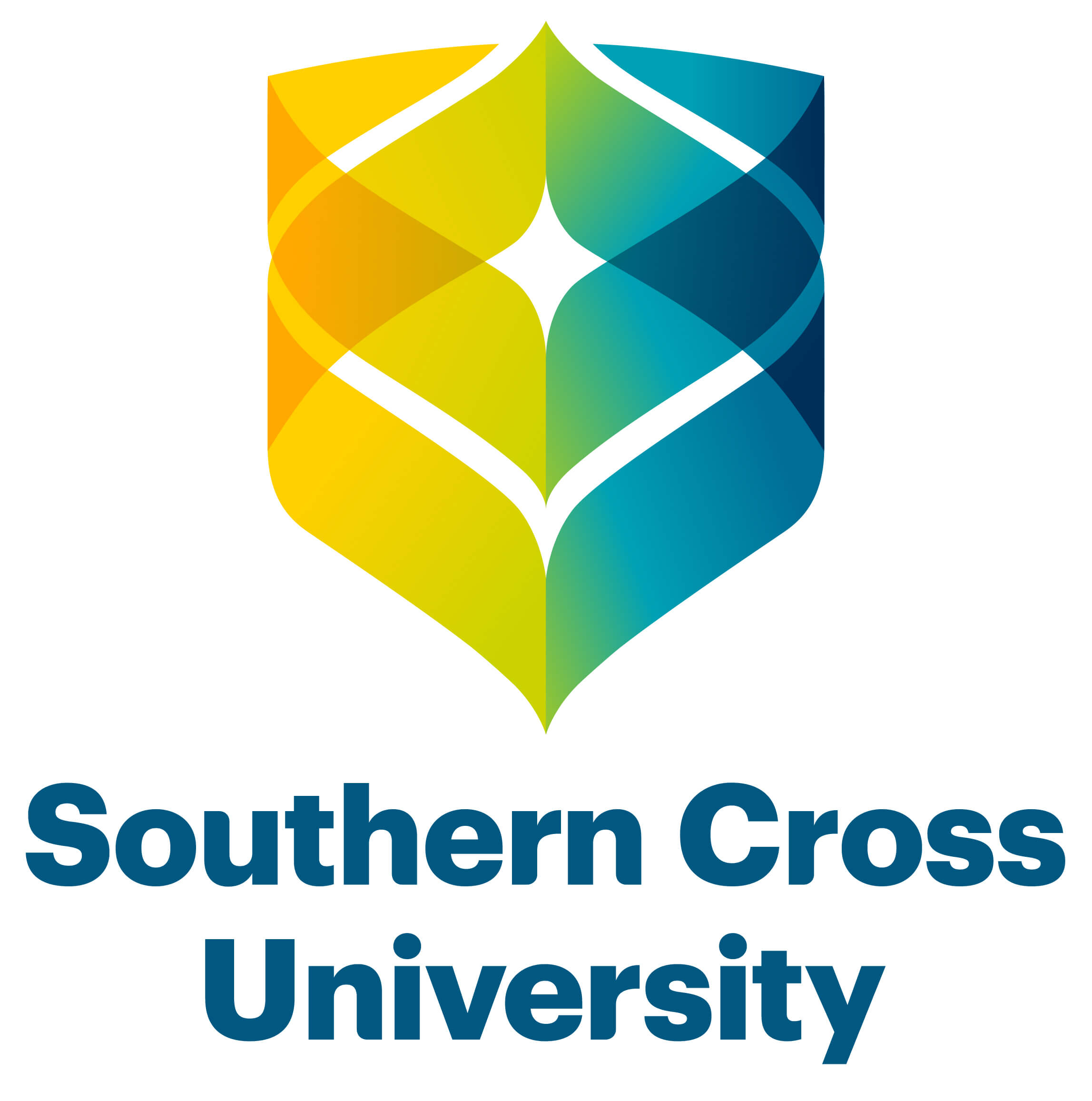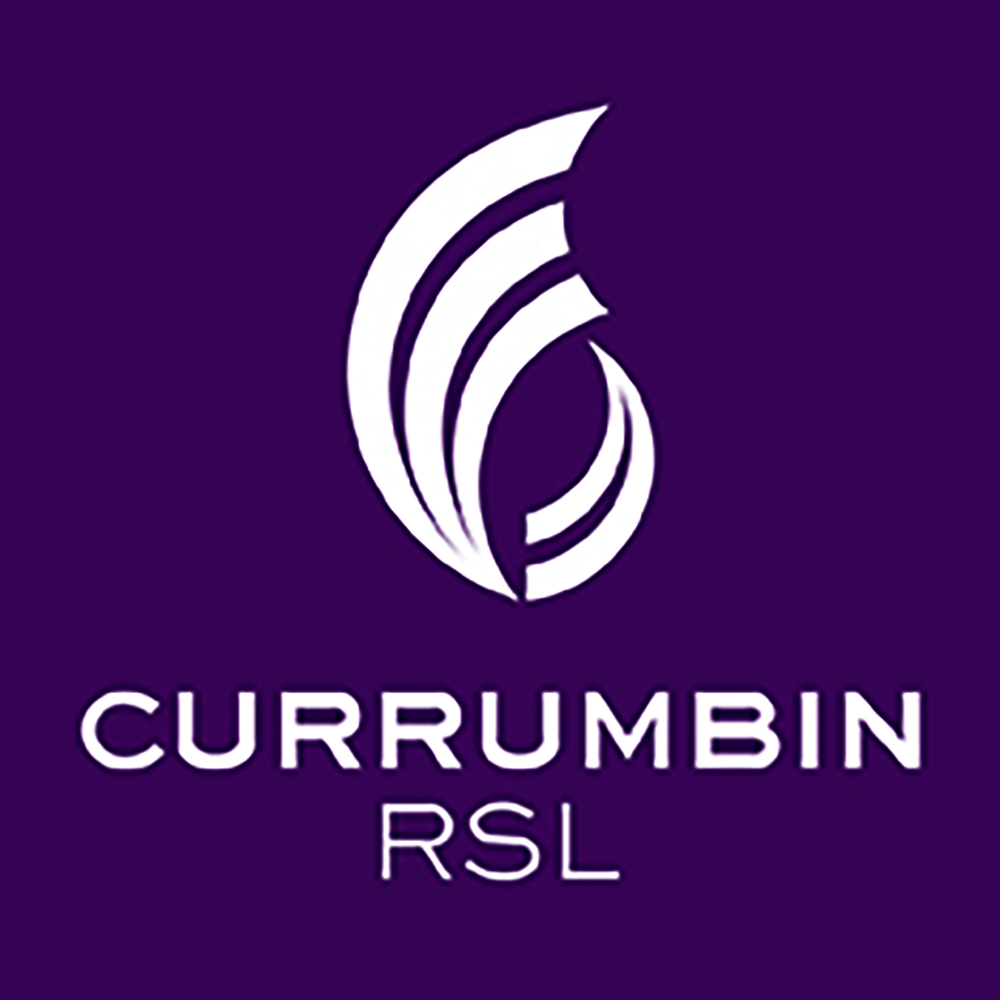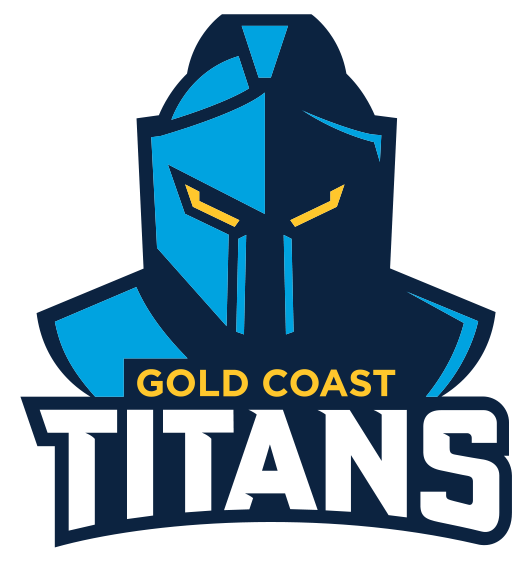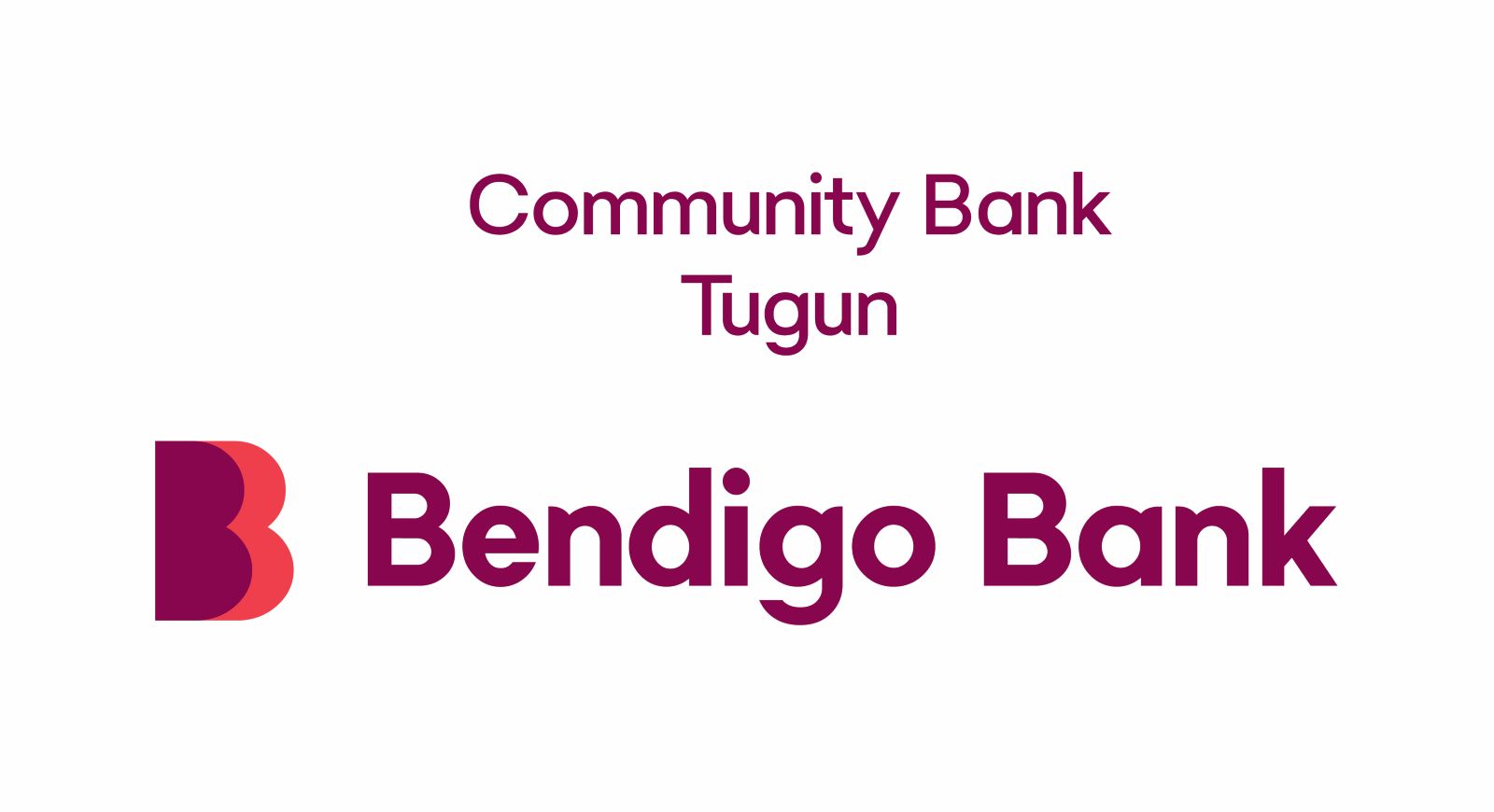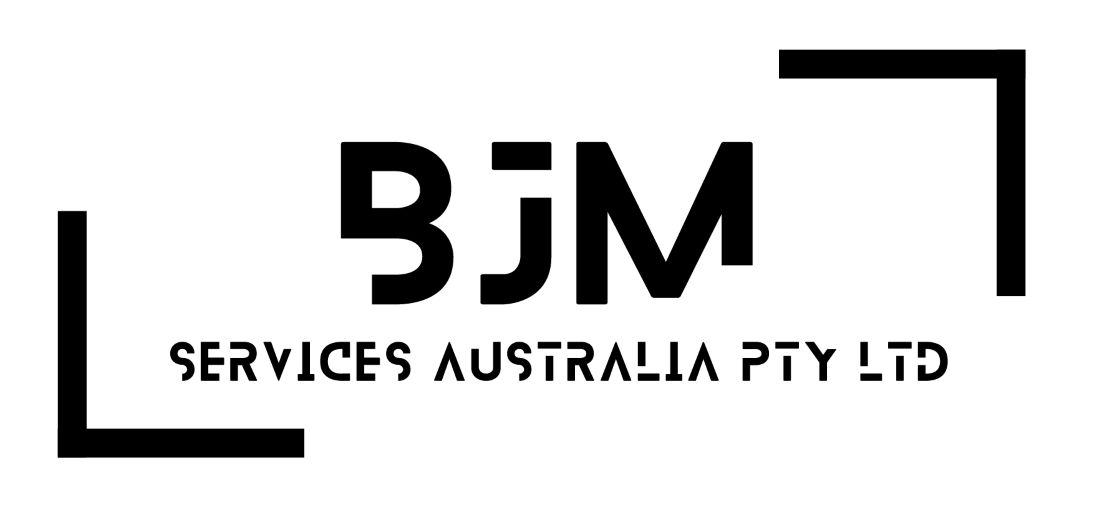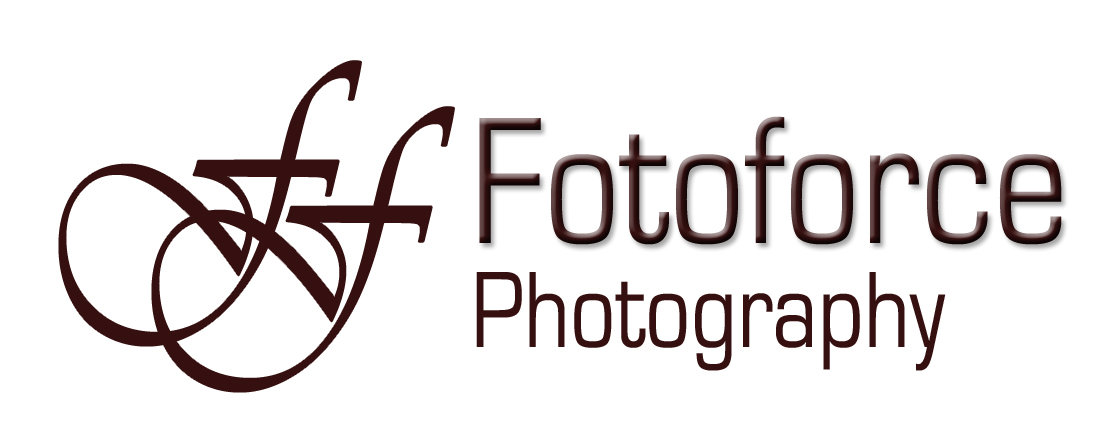Future Lady Tradies Leading a Bold Charge in the Trades Industry
The Southern Gold Coast Chamber of Commerce was proud to attend the recent launch of...
Read More
Council Update: What’s Happening in Our Backyard
In this update, Councillor Gail O’Neill shares the latest accomplishments in Division 14, from exciting...
Read More
Southern Gold Coast Chamber of Commerce – Queensland State Budget 2025–26: Review and Response
The Southern Gold Coast Chamber of Commerce responds to the Queensland Government’s 2025–26 State Budget....
Read More
Council Update: What’s Happening in Our Backyard
In this update, Councillor Josh Martin shares the latest developments in Division 13, from infrastructure...
Read More
Fresh Start for Queensland: Gold Coast Light Rail Stage 4 community consultation launched
The Crisafulli Government is delivering on its election commitment to properly consult local communities on...
Read More


